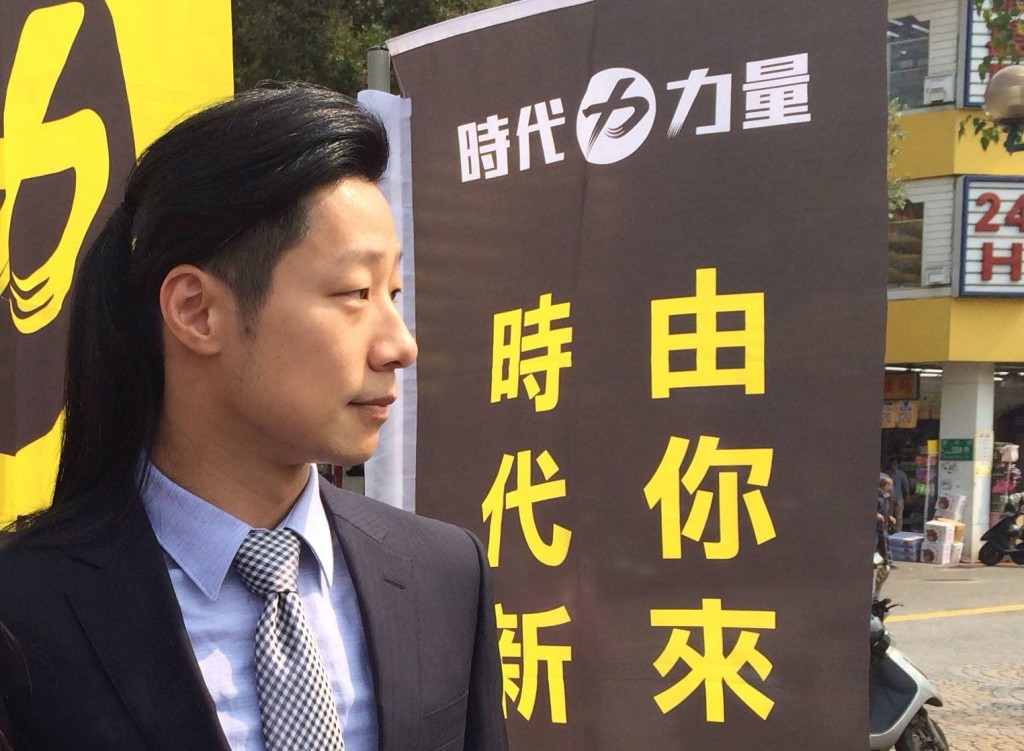By: Charlene Makley and Carole McGranahan
Would you peer review manuscripts for a journal or press that politically censors its content? If your answer is no, then please join us in making your statement public by signing this petition.
Why the need for what seems like such an obvious defense of academic freedom? Several weeks ago, the People’s Republic of China pressured Cambridge University Press to restrict access in China to articles and book reviews in two major journals: China Quarterly and Journal of Asian Studies (the flagship journal of the US-based Association of Asian Studies). The Press agreed to censor content in China Quarterly, but then changed this decision after international scholarly protest.
The content to be censored was scholarship the Chinese government considered sensitive or dangerous, including works by anthropologists of China, Taiwan, Tibet, and Xinjiang. Content requested to be censored is extensive and dates back to 1952 as you can see on the censorship list for each journal (list of the 300 articles China Quarterly initially blocked, then reversed decision on, and list of content Journal of Asian Studies refused to block).
Not a scholar of this part of the world? Your support of this peer review boycott still matters. It matters for broad support of intellectual freedom and access to scholarship. Your expertise matters as a peer reviewer on manuscripts with topical and theoretical overlaps with your specialties. Continue reading



